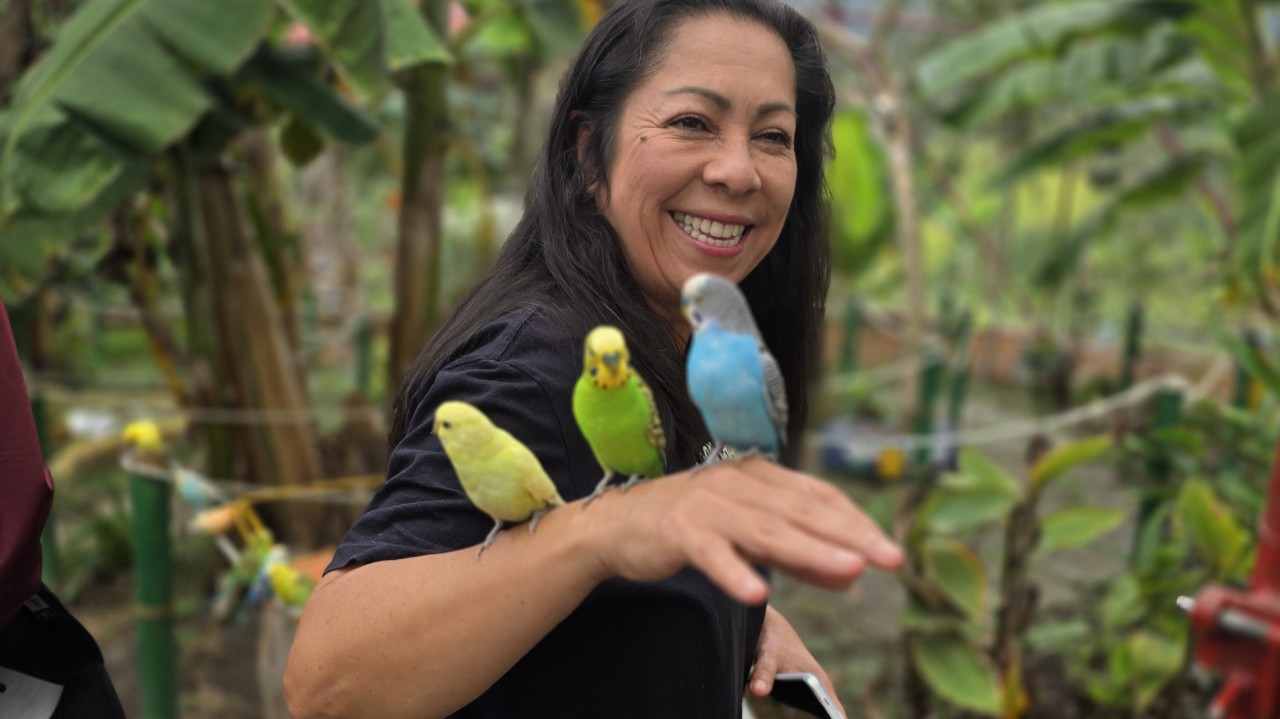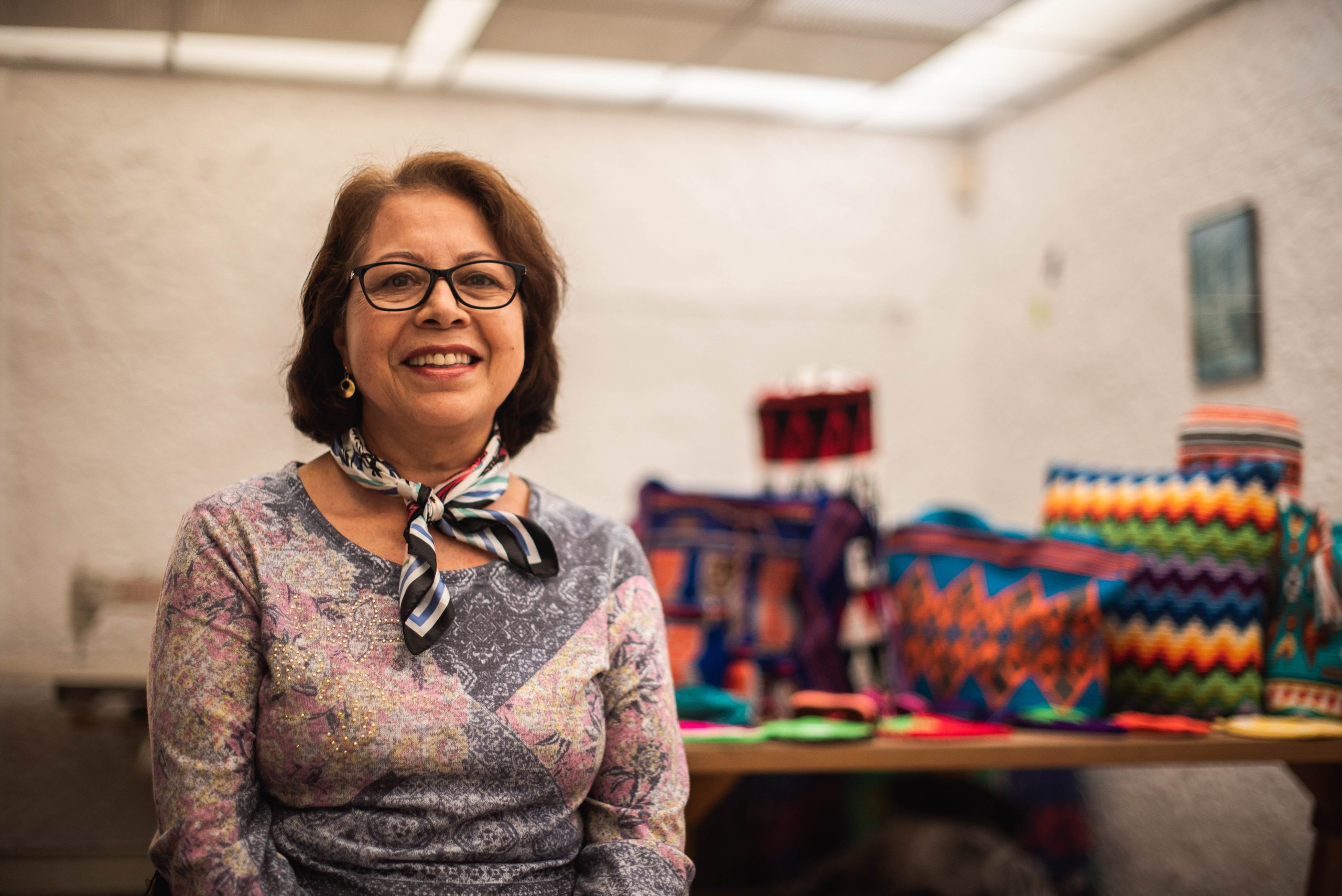Written by: Robert Haudry de Soucy, Co-Founder & Chief Climate Action Officer.
Is Another Model of Cooperation Possible?
For centuries, cooperation has been the driving force of civilization. Without it, cities, cultures, and the innovations that shape our world today would not exist. But what if "international cooperation" as we know it is stuck in outdated models, unable to address the challenges of the 21st century?
At its core, cooperation is about solidarity: sharing knowledge, resources, and tools so that we all move forward together. However, too often, international aid has become a bureaucratic structure where funders dictate the how, when, and why. Success is measured by indicators that matter to donors, not by real changes in the lives of those driving development in their communities. Yet changing lives is not a quarterly goal—it is an intergenerational process.
The problem is that we continue to tackle global crises—climate, migration, digital—with tools from the past century. Development cooperation is perhaps the least innovation-prone industry. The true agents of change—the actors within territorial, economic, and social ecosystems—are often seen as passive beneficiaries, their voices frequently ignored. Yet solutions already exist within communities. They do not need to prove they know how to cultivate their land, manage their water, or preserve their culture. What they need is recognition as key actors, working on equal footing with long-term partners, sharing both results and risks, and co-developing viable, progressive solutions that drive sustainable change.
So, What’s the Way Forward?
First, we must move away from the idea of "projects" as the central unit of cooperation. Violence cannot be eradicated, lasting income cannot be generated, and resilient societies cannot be built with short-term funding and donors whose priorities constantly shift. Cooperation must be based on long-term, diverse partnerships with agreements that explicitly outline the interests of all parties and the progressive development of solutions that evolve alongside real territorial needs.
Second, we need to shift the mindset from "aid" to the exchange of knowledge. Communities and networks—whether social, cultural, or business-oriented—are not waiting to be saved; they are waiting to be heard. "Please, do not help us if you’re only going to do it your way," they have often said. And they are right. True cooperation is not about imposition; it is about dialogue and co-creation.
Finally, we must revolutionize funding models. Instead of scattering resources across fragmented projects that die with each budget cycle, cooperation should focus on addressing the root causes of problems. Financing cannot merely respond to imposed global trends; it must align with long-term local strategies and be built around shared interests between funders and local actors. Funders must also take risks and be held accountable—not just for financial allocations but for the real impact of the initiatives they support.
If cooperation were to disappear tomorrow, what would remain? Are we building real resilience, or are we fostering dependency? The future of cooperation is not solely in the hands of funders but also in those creating solutions on the ground. It is time to transform cooperation into a true act of reciprocity, where all parties contribute and learn. It is time to stop "helping" and start building together.
To learn more about our initiatives, follow us, reach out, and share.


